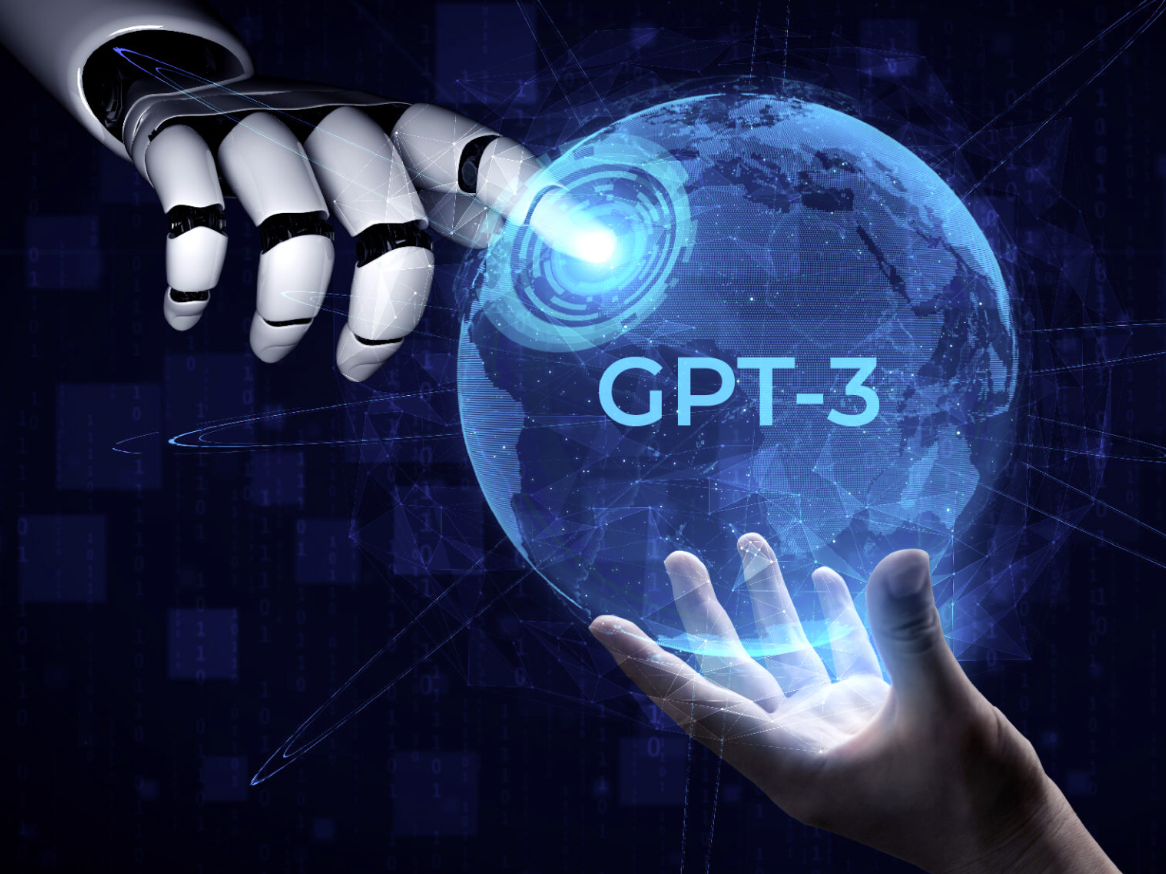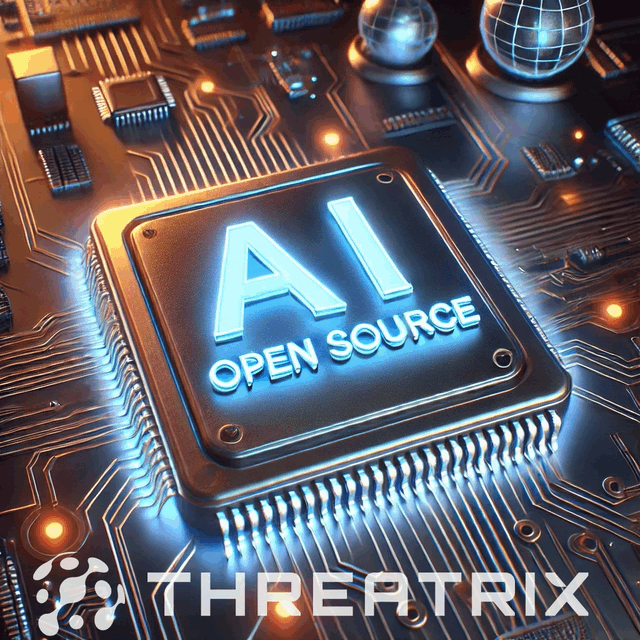The emergence of ChatGPT, GitHub Copilot, and Tabnine, as powerful AI-generated coding tools in software development, has significantly changed how developers approach coding. By leveraging AI, these models accelerate coding tasks and enhance creativity, but they also raise potential concerns related to open source vulnerabilities and license infractions. According to a recent survey by CodeSignal, 81% of developers use AI-powered coding assistants, while 49% use them every day. Language models are revolutionizing software development, but organizations should thoroughly understand their potential challenges so they can adapt and integrate these models effectively into their existing workflows. By understanding the challenges, they can better plan for the necessary changes, allocate resources, and successfully develop strategies to leverage language models’ benefits.
AI models such as ChatGPT offer numerous advantages by automating coding, simplifying API documentation, and enhancing error handling and language learning. They act as virtual co-developers, providing real-time coding assistance and optimization suggestions.
- Input a natural language description of the function to be created, and will generate code snippets that match the description to help speed up coding by providing a starting point or inspiration for the required functionality.
- It helps users quickly access and understand API documentation by providing relevant code examples or explanations in response to natural language queries.
- When issues are encountered, such as syntax errors or logic errors will provide suggestions and solutions based on the problem description, helping to resolve issues faster.
- Answer questions and provide examples related to new programming languages, libraries, or frameworks to assist with learning them.
- Acts as a virtual teammate, providing suggestions, ideas, or insights during brainstorming or problem-solving sessions.
Identifies areas of the code that can be improved or refactored for better readability, maintainability, and performance.
Supply Chain Security Risk from Developers Using AI-generated Code
While ChatGPT offers numerous benefits, its extensive use of open source content can introduce security risks that could include:
- Providing outdated libraries exposes software projects to known security vulnerabilities.
- Zero-day vulnerabilities in open source code, like Log4j, are security flaws unknown to the OSS community and have not been fixed.
- Projects might come with insecure default settings or configurations that, if not properly adjusted, could expose applications.
- Attackers pose as legitimate contributors of open source to introduce malicious code through seemingly innocent contributions or updates.
- The quality of the code can vary significantly between projects and even within the same project, which may make some parts of the code more vulnerable to exploitation than others.
- Contributors to projects might not be aware of or follow secure coding practices, potentially introducing vulnerabilities into the codebase.
Hidden or malicious code can be injected into the AI model’s responses.
Open Source License Compliance Challenges with AI-Generated Code
Another challenge posed is compliance with open source licenses. These infractions can occur when the generated content, code, or responses violate the terms and conditions of the licenses associated with the open-source components used. Failing to adhere to the terms of these licenses can result in legal complications and damage to a company’s reputation.
- Potential license infractions include generating code snippets with incompatible licenses, leading to conflicts within a project.
- Pulls from diverse repositories may unknowingly include code with restrictive licenses that impose additional obligations on users.
- Could include code that infringes on copyrights, patents, or trade secrets, potentially leading to legal issues and security risks if the code is used inappropriately.
- The MIT and Apache licenses (among others) require proper attribution of the original authors or projects.
- If the generated project uses AGPL-licensed components but is not made available as open source when accessed over a network, it may be a violation of the license terms.
- Using components with a restrictive license (e.g., GPL) alongside components with a permissive license (e.g., MIT) may violate the more restrictive license’s terms.
- Some licenses, like the Mozilla Public License (MPL), require disclosure of modifications or changes to the licensed code.
A number Include restrictions on the redistribution of the licensed code, such as requiring that the original license text or notices be included.
To name just a few notable lawsuits involving licensing adherence include Artifex Software v. Hancom (2019). CoKinetic Systems Corporation filed suit against Panasonic Avionics Corporation, seeking over $100 million in damages. (2020)
The most recent is a class-action lawsuit filed in a US federal court challenging the legality of GitHub Copilot and the related OpenAI Codex. The suit against GitHub, Microsoft, and OpenAI claims violation of open-source licenses and could have a wide impact on artificial intelligence.
Threatrix: A Game-Changer for Secure, Compliant AI Coding
We offer the only comprehensive solution to address the security and compliance concerns arising from ChatGPT-generated projects. By leveraging Threatrix, organizations receive:
- An AI-driven solution that scans projects for vulnerabilities, allowing developers to automate fix requirements before deployment, thereby protecting your IP.
- The only available autonomous platform to effectively eliminate open source security risks and manage license compliance at build time, dramatically cutting down on open source technical debt.
- The only solution that provides proof of provenance is slashing audit times by 90% with coverage for over 420 languages.
- Works seamlessly with modern development processes, providing real-time insights and recommendations throughout the development lifecycle.
As AI continues to transform the coding landscape, ensuring the security and compliance of AI-generated code is paramount. Threatrix provides the comprehensive safeguards necessary to capitalize on AI’s benefits while mitigating its risks. By harnessing the power of Threatrix, developers can embrace AI tools confidently, knowing their projects are both innovative and secure.



